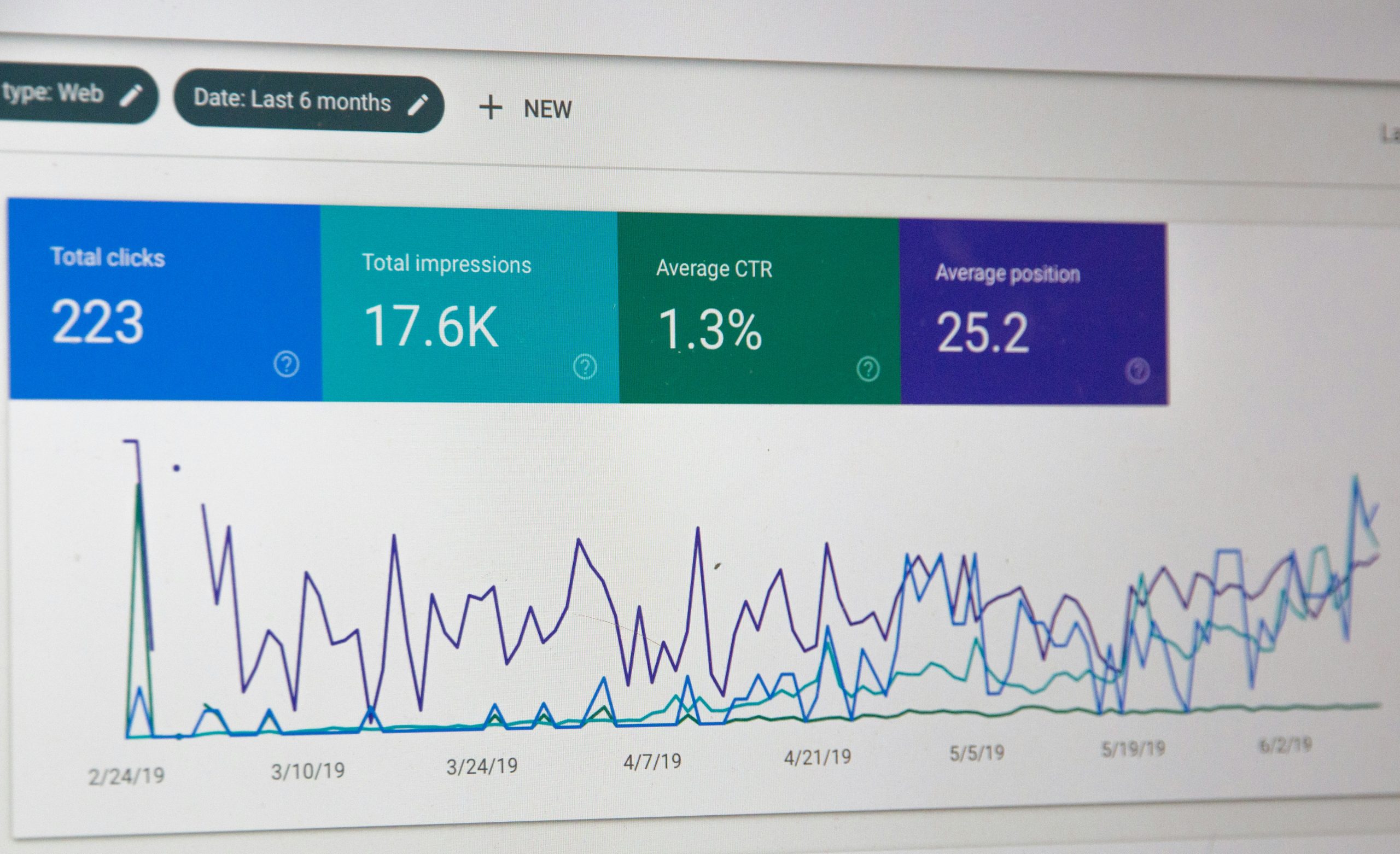
Are you ready to unlock the secrets of search engine optimization and propel your website to the top of Google’s rankings? Keyword research is an essential skill for any budding digital marketer or business owner looking to boost their online visibility. Imagine having the power to predict exactly what terms your target audience is typing into that all-powerful search bar, and then tailoring your content to effortlessly capture their attention. In this beginner’s guide, we’ll take you on a journey through the fascinating world of keyword research, equipping you with the tools and knowledge needed to master this crucial aspect of SEO.
Understanding the Importance of Keyword Research
Keyword research is the backbone of any successful SEO strategy, and having the right tools and techniques can make all the difference. One essential tool for keyword research is Google’s Keyword Planner, which provides insights into search volumes and competition. Additionally, utilizing keyword research tools like SEMrush, Ahrefs, or Moz can help identify relevant keywords and assess their potential impact on search engine rankings.
In addition to these tools, employing techniques such as competitor analysis can offer valuable insights into what keywords are driving traffic to your competitors’ websites. Utilizing long-tail keywords and leveraging Google Autocomplete can also reveal hidden gems that have less competition but high conversion potential. Moreover, conducting customer surveys or using social listening tools to understand how your target audience searches for information can uncover unique keywords that may not be apparent through traditional research methods.
By combining these innovative tools and techniques with complementary strategies like Parasite SEO, you can gain a comprehensive understanding of keywords that will drive organic traffic to your website.
Selecting the Right Keywords for Your Website
Analyzing keyword competition and search volume are essential aspects of effective SEO keyword research. A deep understanding of these factors can greatly influence the success of a website’s search engine rankings and overall visibility. It’s important to strike a balance between targeting keywords with high search volume and managing competition levels. While high-volume keywords may seem attractive, they often come with fierce competition, making it challenging for newer or smaller websites to rank well. On the other hand, low-competition keywords may be easier to rank for, but if their search volume is too low, they may not drive enough traffic to make a significant impact.
One strategy is to identify long-tail keywords that have relatively lower competition and more specific search intent. This approach allows websites to capture niche audiences while gradually building authority within their broader industry or market. Furthermore, utilizing tools like Google Keyword Planner, SEMrush, or Ahrefs can provide comprehensive insights into both keyword competition levels and search volumes. By leveraging these tools effectively, website owners can make informed decisions about which keywords will offer the best opportunities for driving targeted organic traffic.
Tools and Techniques for Keyword Research
Incorporating keywords into your content strategy is a crucial step in boosting your website’s visibility and attracting the right audience. Instead of simply stuffing your content with keywords, consider integrating them seamlessly into your writing to provide value to your readers while optimizing for search engines. By conducting thorough keyword research, you can gain insight into what topics and phrases are relevant to your target audience, allowing you to create high-quality, purposeful content that aligns with their needs.
Furthermore, understanding user intent behind specific keywords is key in creating engaging and relevant content. Rather than focusing solely on search volume or competition, consider the context in which users are searching for certain keywords. By aligning your content with these intents, you can increase its relevance and appeal to both search engines and human readers alike. Lastly, be sure to consistently monitor keyword performance and make necessary adjustments to ensure that your content remains aligned with the evolving landscape of search engine optimization. This approach will help solidify a strong foundation for incorporating keywords effectively into your content strategy.
Analyzing Keyword Competition and Search Volume
Once you’ve implemented your keyword strategy, the work doesn’t stop there – monitoring and adapting are crucial. Regularly checking the performance of your chosen keywords is a vital part of optimizing your SEO strategy. Utilize tools like Google Analytics and Google Search Console to track keyword rankings, click-through rates, and overall website traffic. By closely monitoring these metrics, you can identify which keywords are driving the most valuable traffic and make data-driven decisions for further optimization.
In addition to tracking your keyword performance, it’s important to adapt your strategy based on changing trends and market shifts. Keeping an eye on industry news, customer behavior changes, and emerging competitors can provide insights into new keyword opportunities or areas where adjustments may be necessary. Remaining agile in adjusting your keyword strategy allows you to stay ahead of the curve and maintain relevance in search engine results pages. Flexibility and continuous refinement are key components of a successful long-term keyword strategy.
Incorporating Keywords into Content Strategy
In conclusion, mastering keyword research is pivotal for achieving SEO success. By understanding the searcher’s intent and optimizing for relevant keywords, websites can significantly improve their online visibility and attract valuable organic traffic. However, it’s important to remember that keyword research is an ongoing process; as search trends evolve and new competitors emerge, continuously refining your keyword strategy is essential for maintaining a competitive edge.
Moreover, leveraging long-tail keywords can be a game-changer in SEO efforts. These longer, more specific phrases not only cater to the growing trend of voice search but also tend to have lower competition, making it easier to rank for them. Embracing a holistic approach that combines traditional keyword research with user-focused content creation will maximize the benefits of SEO efforts. In essence, mastering keyword research involves staying adaptable and innovative in response to ever-changing search landscapes. By integrating these principles into your SEO strategy, you’ll be better positioned to achieve sustainable success in the digital realm.
Monitoring and Adapting Your Keyword Strategy
Monitoring and adapting your keyword strategy is crucial for staying ahead in the ever-evolving world of SEO. Once you’ve implemented your initial keywords, it’s essential to regularly track their performance to identify any shifts in search trends or user behavior. Keep a close eye on key metrics such as click-through rates, conversion rates, and keyword rankings to gauge the effectiveness of your chosen keywords. This ongoing evaluation will enable you to pinpoint underperforming keywords and capitalize on new opportunities that may arise.
In addition to monitoring performance metrics, it’s equally important to remain agile and flexible with your keyword strategy. Search trends can change rapidly, so being open to adapting your keywords based on new data is essential for long-term success. Consider experimenting with long-tail variations of existing keywords or incorporating trending topics into your content strategy. By embracing a dynamic approach to keyword optimization, you can ensure that your website remains relevant and visible amidst the ever-changing SEO landscape.
Conclusion: Mastering Keyword Research for SEO Success
In conclusion, mastering keyword research is a pivotal aspect of achieving SEO success in today’s digital landscape. By understanding the intent behind search queries and leveraging relevant keywords, businesses can effectively optimize their content to be more discoverable by their target audience. Moreover, constant refinement and adaptation of keyword strategies in line with changing user behaviors and search algorithms are crucial for sustaining long-term SEO success.
Furthermore, embracing a comprehensive approach to keyword research that includes exploring long-tail keywords, analyzing competition, and tapping into emerging trends will provide a competitive edge in the ever-evolving digital sphere. Ultimately, by continuously honing their keyword research skills and integrating them seamlessly into their content creation processes, businesses can not only enhance their search engine visibility but also forge stronger connections with their audience through valuable and targeted messaging. Mastering keyword research isn’t just about improving rankings; it’s about creating meaningful interactions between brands and consumers in the online realm.











